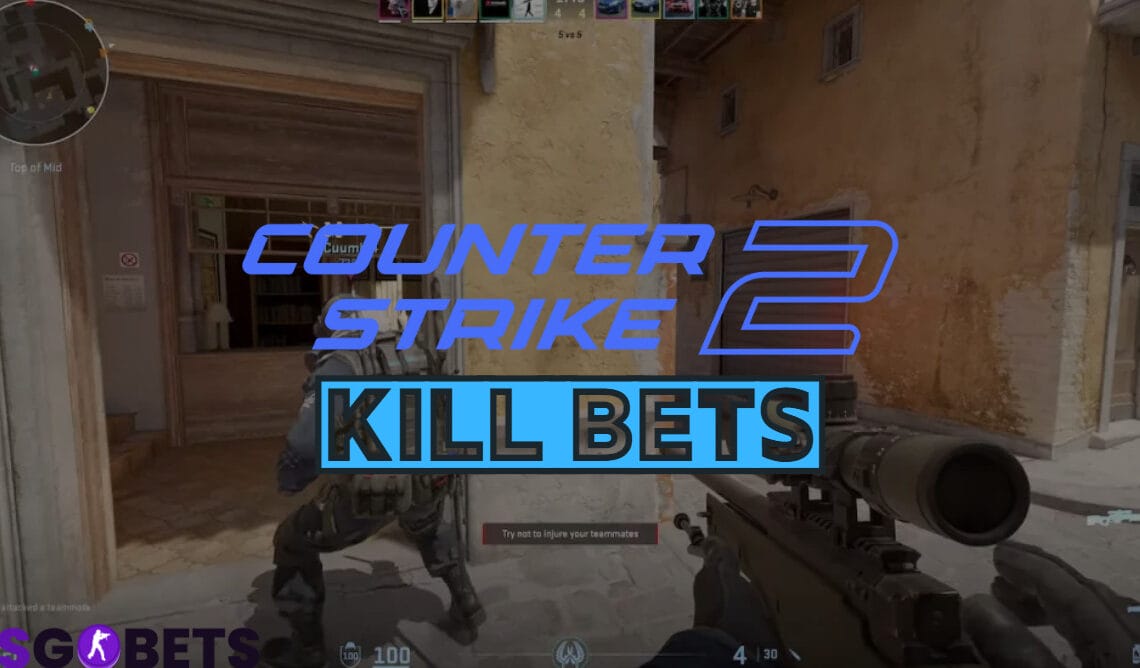Dasiwang: Your Gateway to Trending Insights
Stay updated with the latest news, trends, and insights across various topics.
When Team Killing Gets You Kicked: The Hidden Rules of CS2
Discover the hidden rules of CS2 and learn how team killing could get you kicked. Don't get banned—understand the game better!
Understanding Team Killing: What You Need to Know in CS2
Understanding Team Killing in CS2 is crucial for both new and experienced players. Team killing refers to the act of unintentionally or intentionally harming or killing teammates during gameplay. This phenomenon can significantly affect team dynamics and overall performance in matches. In CS2, players need to be aware of the consequences, as team killing can lead to penalties such as temporary bans or loss of in-game rewards. It's important to differentiate between accidental team kills, which can happen during chaotic moments, and deliberate actions, which are usually viewed as toxic behavior.
To mitigate the impact of team killing, players can adopt a few strategies. Communication is key; using voice or text chat to warn teammates before making a move can help prevent misunderstandings. Moreover, understanding the game mechanics, such as friendly fire settings, can allow players to make better decisions during combat scenarios. Ultimately, fostering a respectful and cooperative environment within the team can enhance gameplay and reduce instances of team killing, creating a more enjoyable experience for everyone involved.

Counter-Strike is a highly popular first-person shooter franchise that pits teams of terrorists against counter-terrorists in various scenarios. Players can enhance their gameplay by using different tactics and strategies, including utilizing specific cs2 grenade binds for effective grenade usage. The competitive nature of the game, combined with its teamwork elements, has secured a vast and dedicated player base worldwide.
Top 5 Consequences of Team Killing in Competitive Matches
In competitive gaming, team killing is one of the most disruptive behaviors a player can exhibit. The first consequence is a negative impact on team morale. When a player intentionally eliminates their own teammates, it can create an atmosphere of distrust and frustration among players, leading to disagreements and decreased collaboration. This often results in teams failing to execute strategies effectively, ultimately diminishing their chances of winning. Moreover, a negative mindset can cause players to lose focus, affecting their performance in crucial moments.
Another significant consequence of team killing is the potential for in-game penalties. Many competitive match formats have strict rules against such behavior, leading to temporary or even permanent bans for repeat offenders. Players who engage in this practice not only jeopardize their own standing in the game but also put their teammates at risk of being penalized for their actions. Additionally, these penalties can lead to less enjoyable experiences for honest players, as it disrupts the competitive integrity of matches and may drive away players from the community.
Can You Get Banned for Team Killing? Common Myths Explained
In the realm of online gaming, team killing has long been a contentious topic. Players often wonder if they can face serious consequences, such as bans, for engaging in this behavior. While many assume that team killing will inevitably lead to disciplinary action, the reality is much more nuanced. Factors such as the game's rules, the context of the incident, and the severity of the action all play significant roles in determining whether a player will receive a ban. For instance, in some games, accidental team kills may go unpunished, whereas intentional acts aimed at sabotaging teammates could certainly attract attention.
To debunk some common myths surrounding team killing, it's essential to note that not all games treat this behavior the same way. Many popular titles have built-in reporting systems where players can lodge complaints about disruptive incidents. If too many reports accumulate against a particular user, it can lead to penalties such as temporary suspensions or permanent bans. Additionally, certain games employ algorithms to monitor player behavior and can take action without formal reports. Therefore, understanding the specific game's policies and actively adhering to them is crucial to avoid any risks of getting banned.